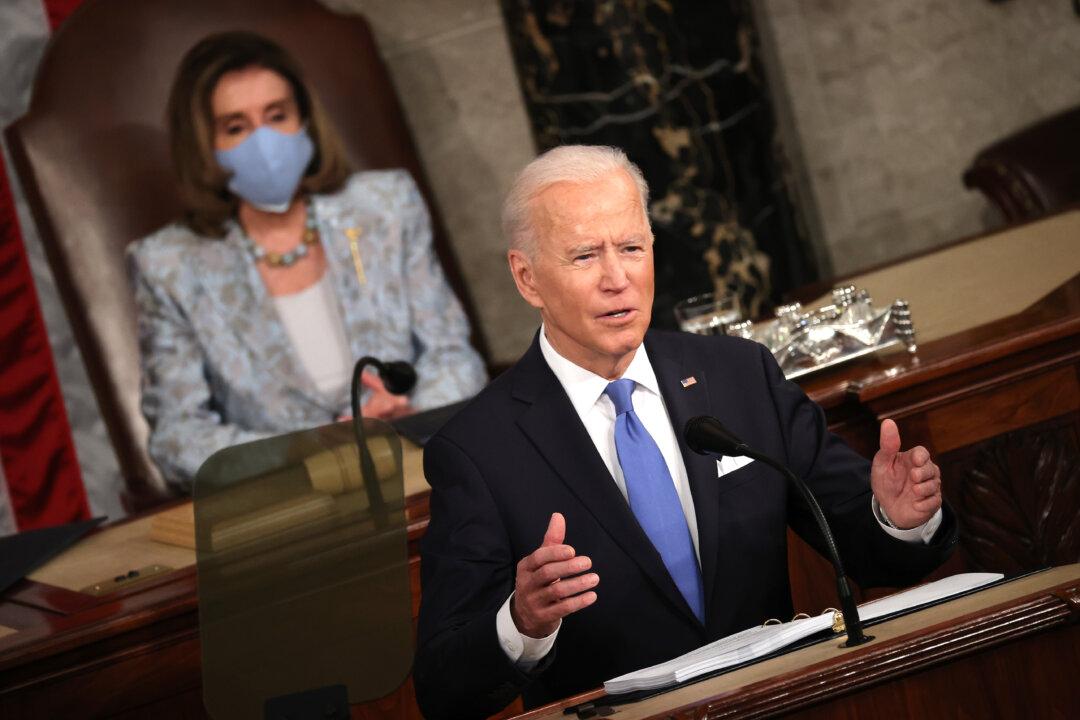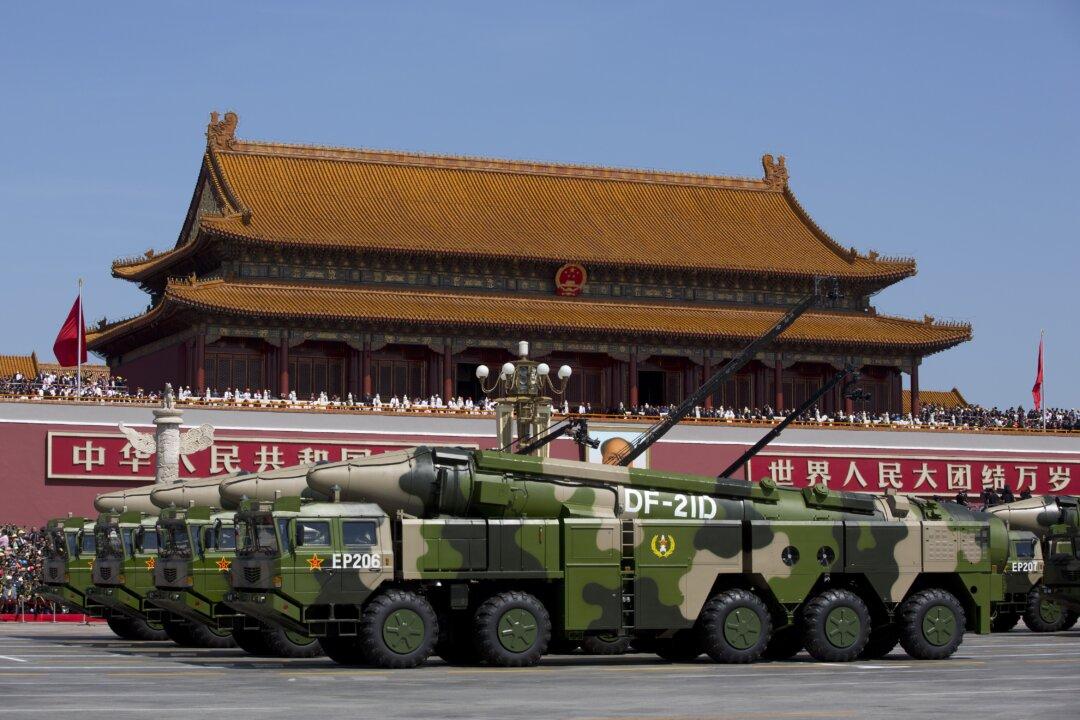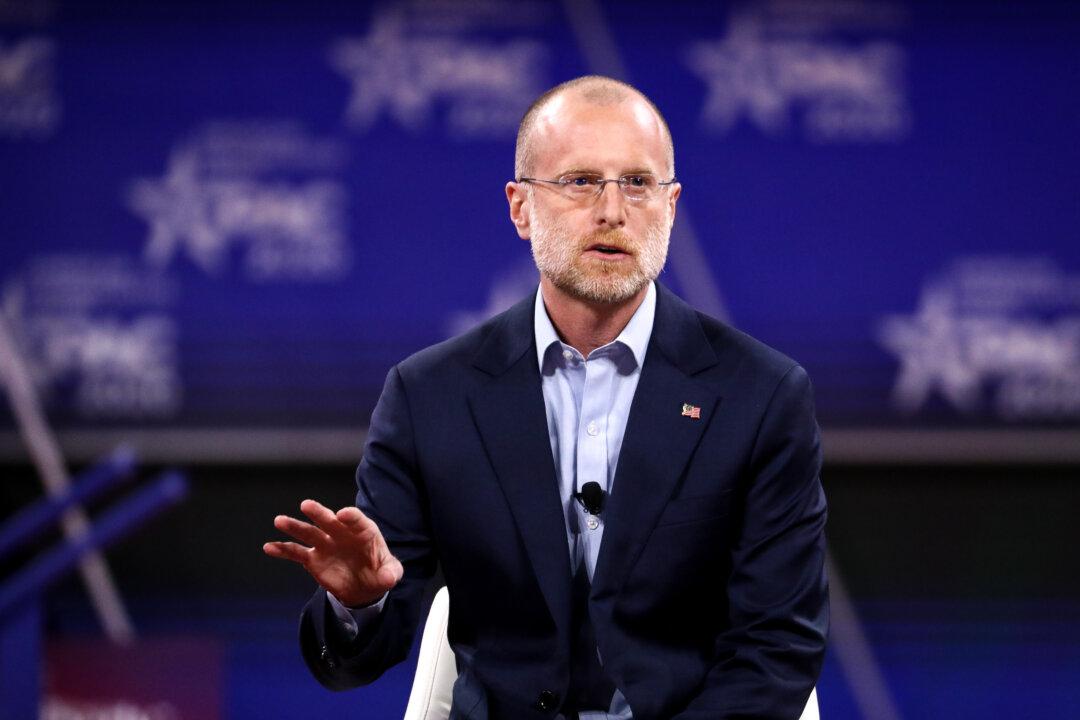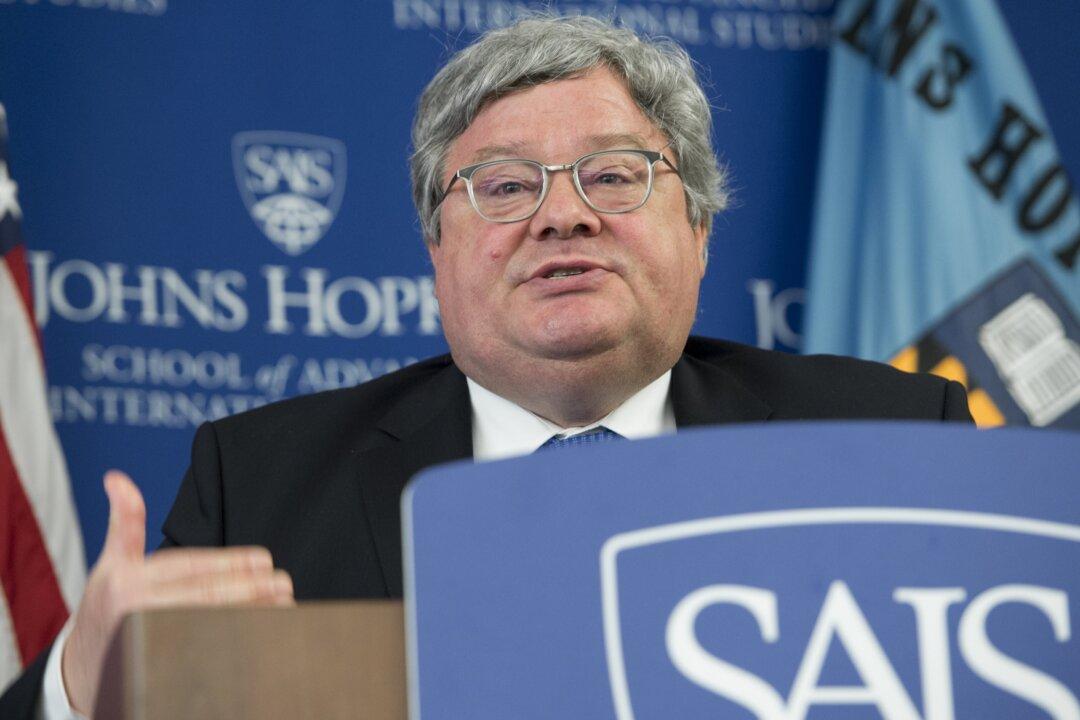With the United States still reeling from the pandemic and having undergone a recent change in administration, the Chinese Communist Party now sees a “window of opportunity” to accelerate its plans to expand its territory in the Asian region, according to a former senior intelligence officer for the U.S. Navy.
“It’s a very dangerous time for the region, as Beijing is seeking to advance their strategy and their timeline,” James Fanell, who previously served as the director of intelligence for the U.S. Pacific Fleet, told Epoch Times affiliate NTD in an April 9 interview.



